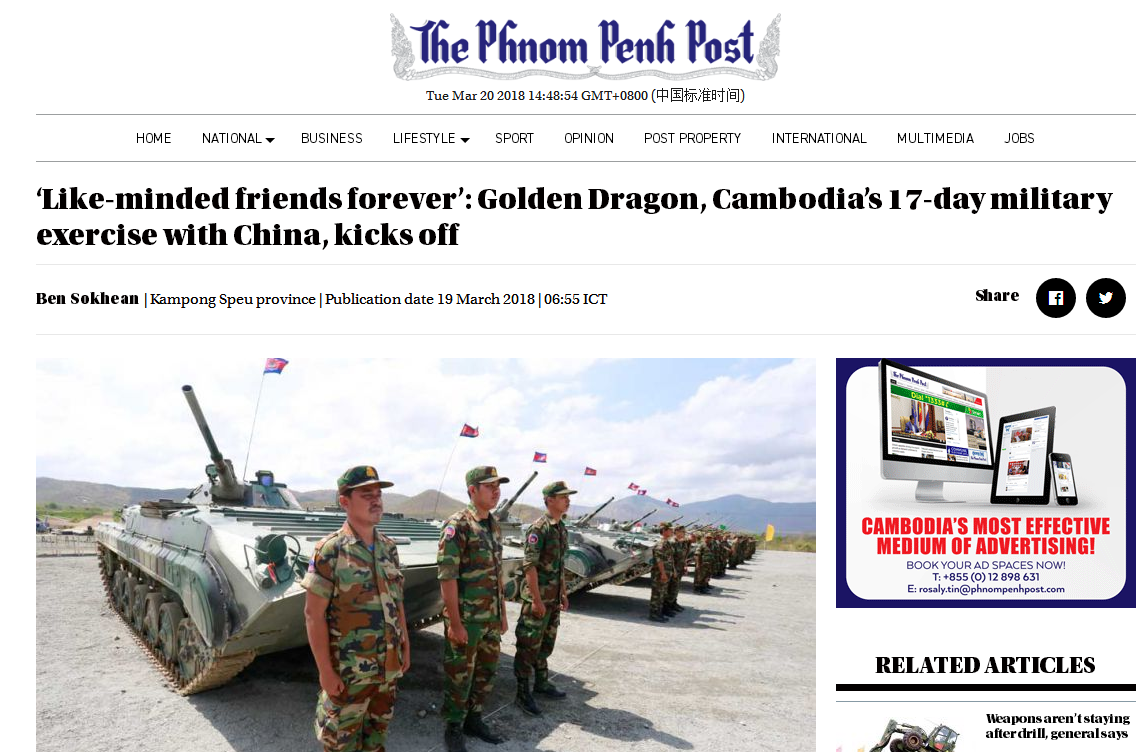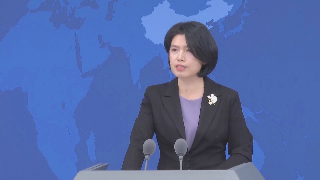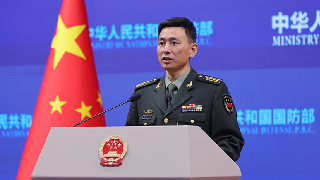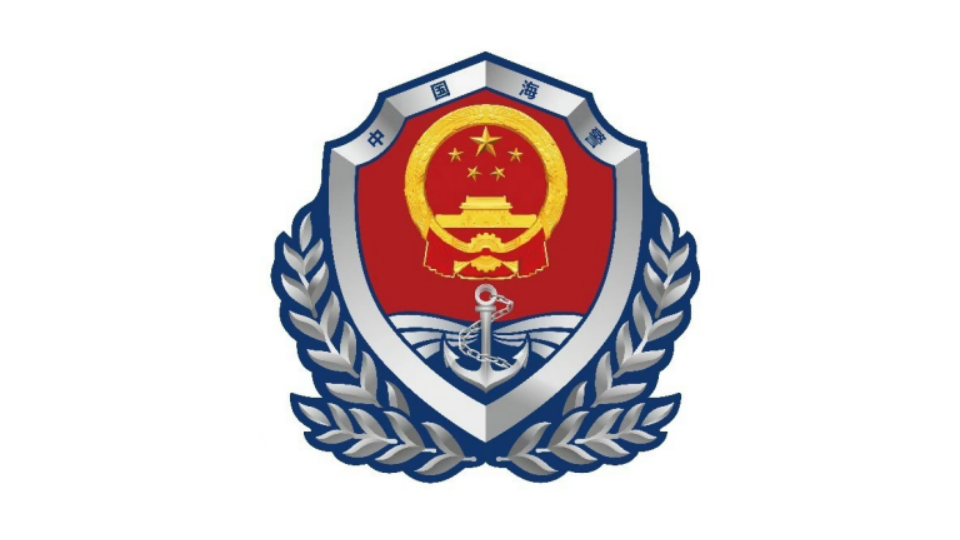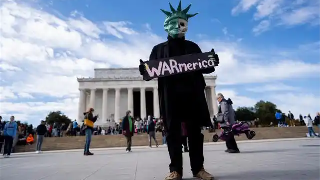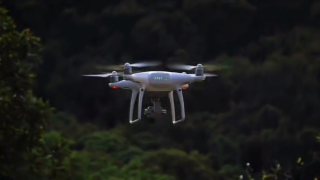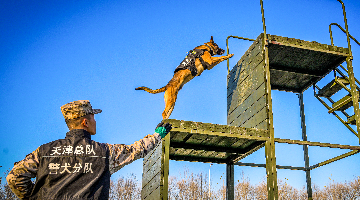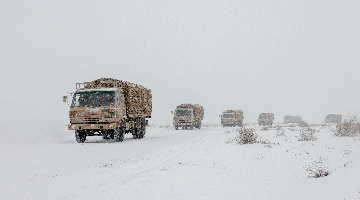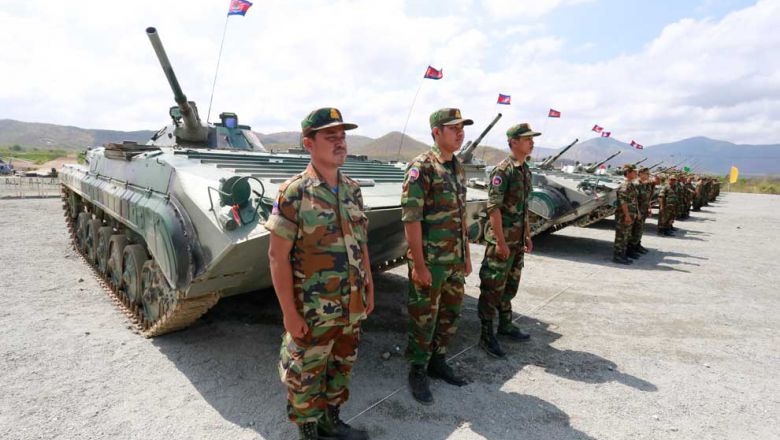
On Saturday morning, hundreds of Cambodian and Chinese soldiers in full combat gear stood in formation in front of a backdrop of tanks, armoured trucks, machine gun-mounted helicopters, and artillery weapons. Generals from both sides spoke warmly of the deepening relationship between the two countries, which aim to be “like-minded friends forever”.
The Golden Dragon military exercise between China’s People’s Liberation Army and the Royal Cambodian Armed Forces kicked off on Saturday at Mras Prov Mountain in Kampong Speu.
The exercises will last for 17 days, from March 15 through March 31, and are being conducted under the banner of “Counter-terrorism and humanitarian relief”. After two days of preparation, the event was inaugurated with speeches from RCAF Commander Pol Saroeun and China’s Southern Theatre commander, Major-General Zhang Jian.
Saroeun said the exercise, which will feature live-fire operations beginning on Sunday, will celebrate Cambodia’s relationship with China, and “strengthen the traditional friendship and political trust between both countries”.
The general praised China for its recent aid package and reiterated Cambodia’s commitment to the One China policy. He said China’s “spiritual, equipment and financial support” will help Cambodia “quickly develop”.
Saroeun added that China’s support is like a “firm wall supporting Cambodia” and will help preserve “peace, independence [and] sovereignty”.
“We, the Royal Cambodian Armed Forces, are the backbone of the country at any cost. The Royal Cambodian Armed Forces must maintain the peace and firmly oppose and prevent colour revolution from occurring in Cambodia,” he said.
“I have a strong belief that China and Cambodia will be good neighbours and like-minded friends forever,” Jian said, speaking via an interpreter.
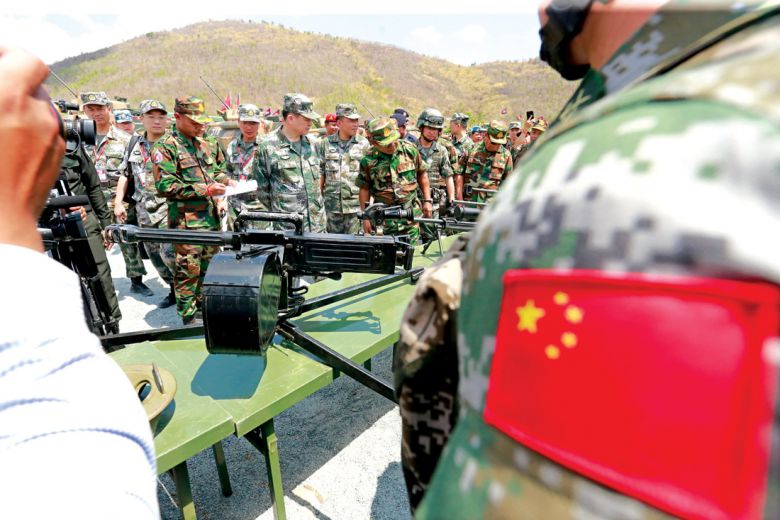
The event marks the second collaborative drill between China and Cambodia, which began around the same time Cambodia abruptly cancelled similar drills with Australia and the US. The move has been seen as a symbol of Cambodia’s rejection of the west and a shift towards dependence on China.
Following the speeches, the generals and their entourages milled around, inspecting the assorted weaponry and equipment, and posing for photographs. Soon after, the soldiers stirred for the first time in three hours. Combat vehicle manoeuvres raised clouds of dust as they relocated to various strategic areas throughout the exercise zone.
Officials reported that almost 600 Cambodian soldiers will participate, alongside over 200 Chinese counterparts, and are expected to expend roughly 18,000 rounds of various ammunitions. The numbers mark a significant jump from the military’s previous reports, and the exercise rivals the cancelled US-organised Angkor Sentinel drills in size.
“The expense is high. First, the expense on the use of our weapons in the exercise, and second, the expense on ammunition, and third, the expense of transportation and meals,” said Eth Sarath, deputy RCAF commander, in a press conference later that day.
Sarath also said RCAF will “enthusiastically” obey government orders to oppose “colour revolution”, echoing a common government refrain that formed part of the justification for the forced dissolution of the country’s only viable opposition party.
“The army has an obligation to protect the government and national security . . . not just [from] colour revolution, [but from] whoever destroys the peace and the idea to topple the current government,” he said.
Pen Sokrith Vithea, head of Golden Dragon’s general management, said the exercises will include strategic workshops like combat planning and information gathering.
The field exercises include mine detection and detonation, chemical bomb neutralisation, terrorist base assaults, hostage rescue and humanitarian relief.
But political analyst Meas Nee said the exercise is little more than muscle flexing.
Nee said Cambodia is “sandwiched between” the differing politics of America and China.
“Once we turn from one superpower to another, our vulnerability becomes higher for the future,” he said.
Nee said far from protecting Cambodia’s independence, overreliance on one country could threaten its neutrality.
“Moving closer to China is nothing other than maintaining power, because the government lost popularity during the previous elections, especially five years ago.
Therefore, if it allows the democracy to flow from Western countries, the government might lose the power in the future,” Nee added.
Disclaimer: This article was originally produced and published by The Phnom Penh Post. View the original article at The Phnom Penh Post.
